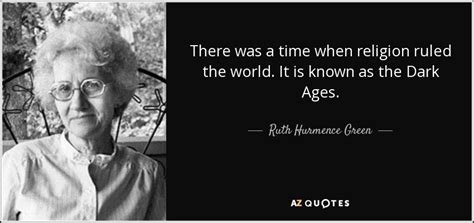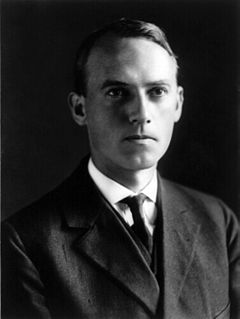A Quote by Freya Stark
The greatest of mythologies divided its gods into creators, preservers and destroyers. Tidiness obviously belongs to the second category, which mitigates the terrific impact of the other two.
Related Quotes
An irreligious man is not one who denies the gods of the majority, but one who applies to the gods the opinions of the majority. For what most men say about the gods are not ideas derived from sensation, but false opinions, according to which the greatest evils come to the wicked, and the greatest blessings come to the good from the gods.
Anarchy wears two faces, both Creator and Destroyer. Thus Destroyers topple empires; make a canvas of clean rubble where creators can then build a better world. Rubble, once achieved makes further ruins' means irrelevant. Away with our explosives, then! Away with our Destroyers! They have no place within our better world. But let us raise a toast to all our bombers, all our bastards, most unlovely and most unforgivable, let's drink their health, then meet with them no more.
There are, in human affairs, two kinds of problems: those which are amenable to a technical solution and those which are not. Universal health-care coverage belongs to the first category: you can pick one of several possible solutions, pass a bill, and (allowing for some tinkering around the edges) it will happen.
The Doxology ... that testimonial to the Platonic Trinity, which divided the Roman Empire into at least eighteen quarreling sects, none of whom knew what they were fighting about, and which schisms contributed to the decline and fall of this greatest of states. Rome had thrived for one thousand years with pagan gods at the helm and expired after only one hundred and fifty years under the Christian banner.
The love, more especially, which is concerned with the good, and which is perfected in company with temperance and justice, whether among gods or men, has the greatest power, and is the source of all our happiness and harmony, and makes us friends with the gods who are above us, and with one another.





































